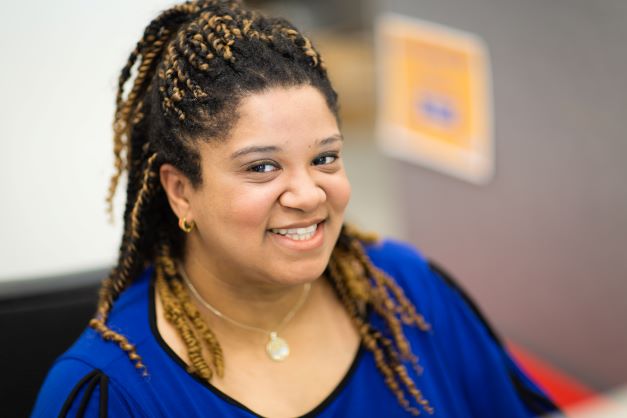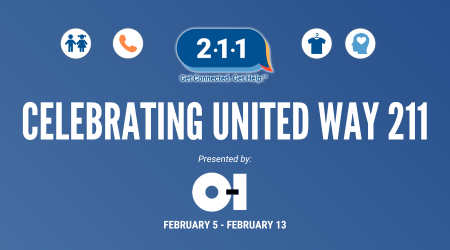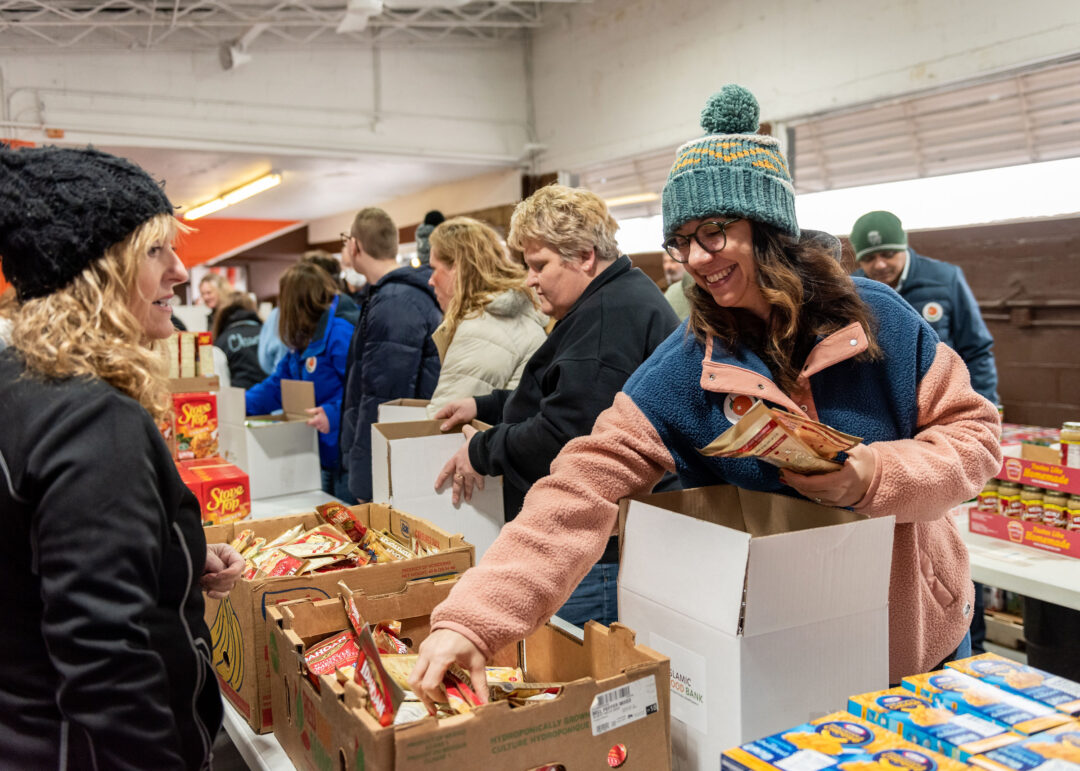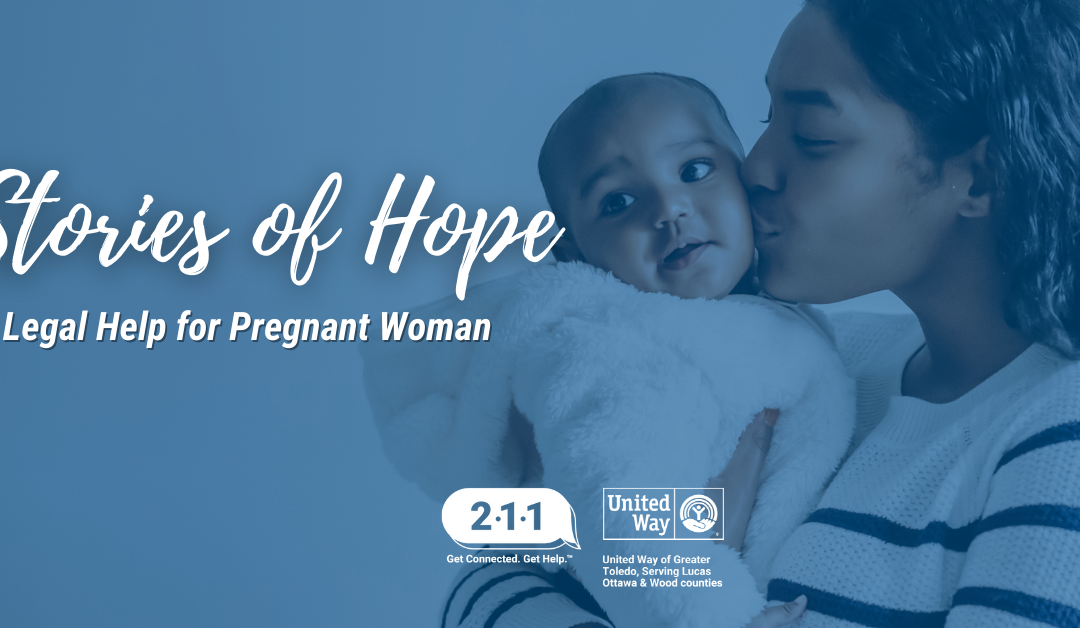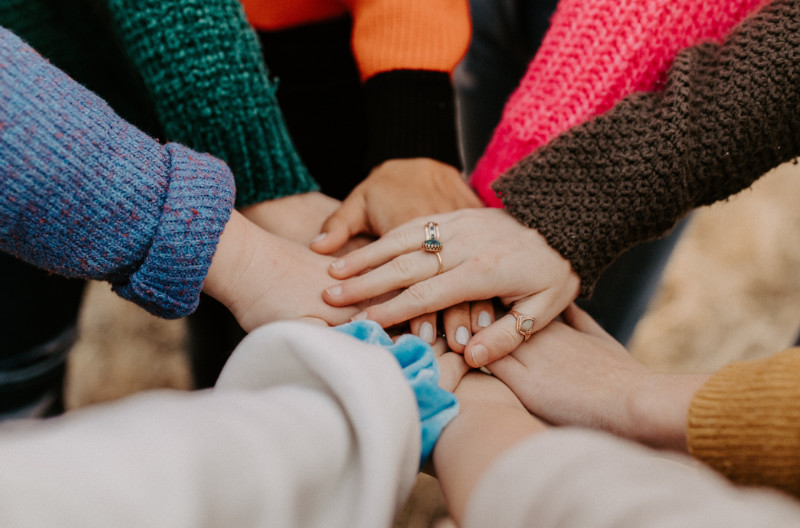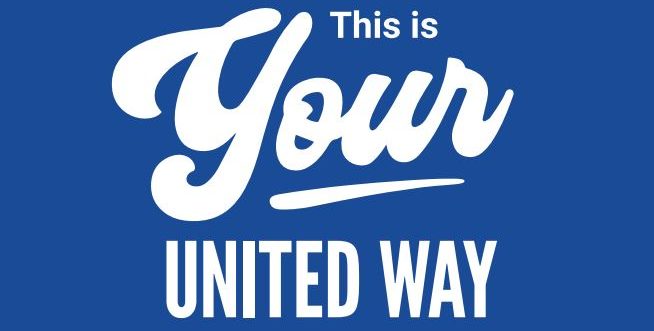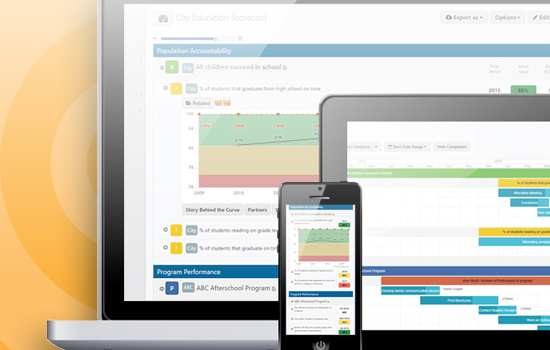[TOLEDO, Ohio] – United Way of Greater Toledo (UWGT) is proud to be part of a coalition of Ohio United Way representatives who will meet with lawmakers at the Ohio Statehouse in Columbus on March 22. The day will focus on advocating for $2 million in annual state funding to support 211 call centers run by 14 organizations.
By dialing 211, Ohio residents can speak with Community Resource Advisors who match callers’ needs with thousands of available local resources. The free, confidential service is available 24 hours a day, seven days a week and assists people with basic needs such as housing, food, physical and mental health services, employment support, child care, and more.
STATE OPERATING BUDGET REQUEST
State of Ohio funding would allow the Ohio 211 network to address workforce shortages, make the social services ecosystem more efficient, defray increased operating costs and facilitate more complex care coordination. A substantial state investment in 211 will allow providers to continue to secure the infrastructure that offers this critical service to Ohio citizens.
Ohio 211s currently are funded by charitable or local dollars or a combination of both. Ohio is one of only three states nationally that do not provide ongoing state funding for 211. The request for a public-private partnership for 211 in Ohio is a match for current cumulative United Way investments to fund the program across the state.
“211 is critical to the health, safety, and wellbeing of all Ohioans, especially in NW Ohio where more than 85,000 residents reached out for help in 2022. As we saw recently in our partner communities like East Palestine, Ohio, where Mayor Conaway urged residents to call 211 – not the city – for assistance in the wake of the Norfolk-Southern train derailment, 211 is there in times of disaster and when families need it most, often when least expected. It is an essential component of our public infrastructure,” said Wendy Pestrue, CEO of UWGT.
In 2022 alone, 211 programs across Ohio served more than 810,000 callers and responded to an additional 52,000 texts, chats and emails with multiple and intersecting needs.
The top three needs from Ohio 211 callers in 2022 were: Food, Housing and Shelter, and Utilities.
LEGISLATOR SUPPORT
The 211 State Operating Budget Request has garnered bipartisan support among legislative sponsors in the Ohio House of Representatives and Ohio Senate.
“211 provides an essential, immediate and necessary service to the constituents in my district and helps them get the employment, health, mental health, food, housing and utility services they need. I firmly support directing state funds to the Ohio 211 network,” said State Rep. Tom Patton (R-Strongsville).
“211 centers provide valuable resources and assistance for our communities, especially when it comes to housing, health care and employment. Providing critical resources like these is a bipartisan issue that impacts people all across our state. As the ranking member on the House Finance Committee, I am laser-focused on delivering a bipartisan budget that improves the lives of Ohioans. The work of these 211 centers is crucial to achieving that goal and supporting the people of Ohio,” said State Rep. Bride Rose Sweeney (D-Cleveland).
Ohio Senate Minority Leader Nickie Antonio (D-Lakewood) also understands 211’s critical value to Ohioans, saying, “As the Senate begins its work on the budget, I will advocate for the funding of Ohio 211 and the critical service it provides. 211 connects Ohioans with essential services before, during and after emergencies. It can be the lifeline to survival for our families in need.”
211 IMPACT
In Ohio, the importance of statewide 211 access corresponds to an increased need for health, substance use, employment, and social services. Ohio’s unemployment rate is 4 percent, 15th highest in the country (as of summer 2022); the poverty rate is 12.6 percent, 17th highest in the country; and Ohio has 47.2 per 100,000 drug overdose deaths, the fourth highest in the country. Community members need ongoing access to vital health and social services to address these issues. The 211 number is easy to remember and always available.
All 14 call centers providing 211 services in Ohio are members of the Ohio Alliance of Information and Referral Services (AIRS). United Ways operate five 211 centers; libraries and other nonprofit organizations run the others.
“211 Advocacy Day” will take place at the Ohio Statehouse at 1 Capitol Square, Columbus, OH 43215. Executives from the state’s United Ways, Ohio AIRS, and 211 centers will meet with lawmakers. Media members interested in scheduling on-site, day-of interviews with Ohio AIRS and United Way staff should contact Ryan Bunch, Sr. Director, Outreach & Advocacy, United Way of Greater Toledo, 419-279-0680.
ABOUT 211 IN NORTHWEST OHIO
NW Ohio is fortunate to have a robust 211 program and is among the top five in call volume in the state. 211 is a free 24/7/365 national information and referral service and is accessible by text, phone, and web. 211 supports communities before, during and after times of emergencies and disasters. This includes directing people to evacuation routes and shelters beforehand, or helping individuals and families get food, water, and emergency supplies afterward. Learn more at www.unitedwaytoledo.org/211 OR www.211nwo.org.
Uniting the caring power of people to improve lives. United Way of Greater Toledo brings a worldwide network into neighborhoods throughout Northwest Ohio. Proudly serving residents of Lucas, Ottawa, and Wood Counties, since 1918 we have believed that we all benefit from each other’s success. As one of the longest-serving charitable organizations in our region, we are trusted, innovative, collaborative and accountable. Most importantly, your contributions serve neighbors right here at home.
###


